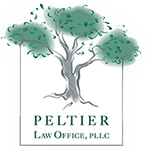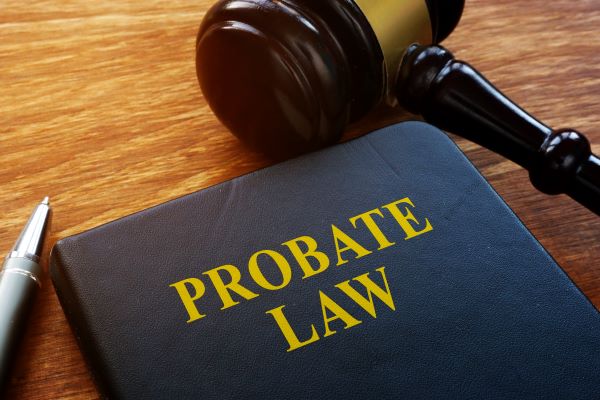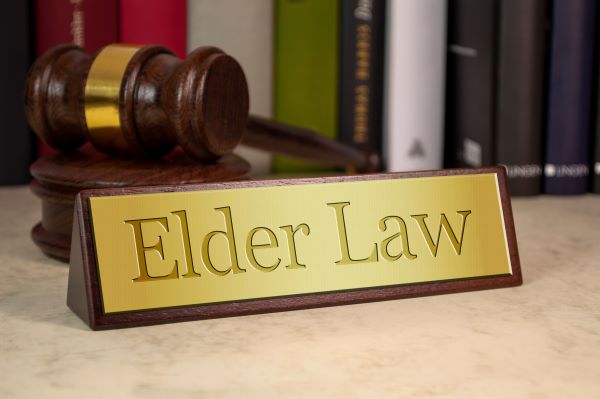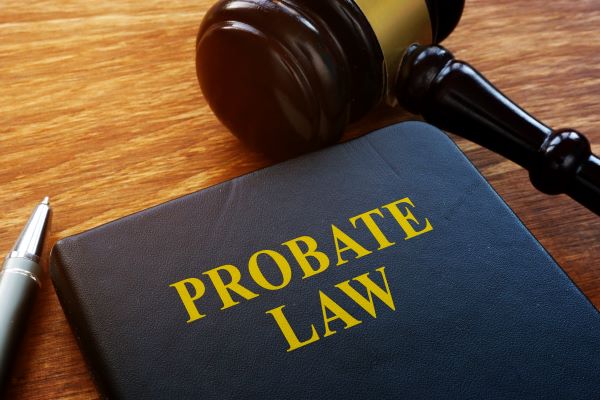Peltier Law Office will continue to conduct business during the COVID-19 crisis. While our brick and mortar office is closed to the public, our experienced team of legal professionals will keep providing services to both current and new clients by phone, video, and on-line. Throughout this challenging time, we are available to answer your questions and can schedule client consultations via phone or video conferencing. If you need us, we’re here for you!
To all of our clients and business partners, stay healthy and safe. Please reach out to us if we can be of any assistance in the days ahead.











